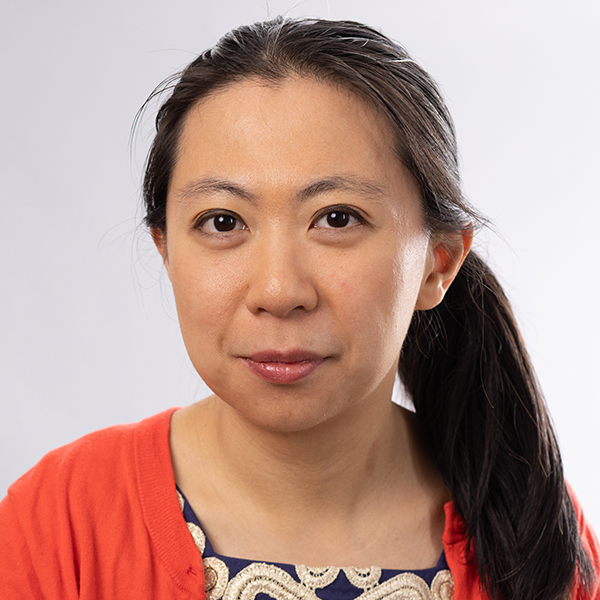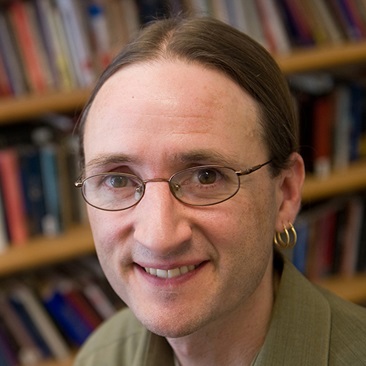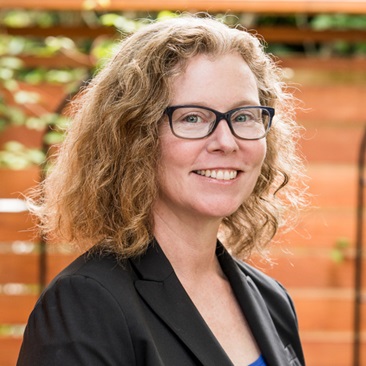full-time faculty teaching and conducting research in political science
of Maxwell faculty conduct research focused outside of the U.S.
graduate students in residence; fewer than 12 admitted each year
Undergraduate Studies
Graduate Studies

I am Maxwell.
Civic engagement is a core value for me. I have always aspired to help the communities I’m from.” Mazaher Kaila, a Maxwell alumna and third-year student at Syracuse University's College of Law, moved with her family from Sudan to Central New York when she was four years old. “I realized that to make meaningful change in society, I needed to understand the systems that power it—government and politics—and that’s insight I would gain by studying political science.”
Mazaher Kaila ’19, L’22
political science, law
Keck Quoted in Democracy Docket Article on SCOTUS’s Argument on Trump’s Immunity
April 26, 2024
Democracy Docket
The U.S. Supreme Court is hearing arguments this week on whether former President Donald Trump is absolutely immune from criminal prosecution over acts that allegedly happened when he was president, in a case that could have grave implications both for the presidency and Trump’s legal fights.
At issue is a federal criminal indictment against Trump in connection with his and his allies’ alleged efforts to overturn the results of the 2020 presidential election, a scheme that culminated in the Jan. 6, 2021, attack on the U.S. Capitol by a mob of Trump supporters.
“It seems almost definitely the case that Trump couldn’t be tried, convicted and sentenced [before the election],” says Thomas Keck, professor of political science and Michael O. Sawyer Chair of Constitutional Law and Politics, noting that the Court could take months to rule. “If he wins, and is inaugurated in January, then he can make the whole thing go away,” he says, referring to a president’s authority to pardon himself and others of crimes.
Read more in the Democracy Docket article, “Three Things To Watch During the Supreme Court’s Argument on Trump’s Immunity.”
Related News
Commentary

Aug 1, 2024
Commentary

Jul 31, 2024
Commentary

Jul 30, 2024
BaoBao Zhang Joins First Cohort of AI2050 Early Career Fellows
One of only 15 scholars chosen from across the U.S., Zhang will receive up to $200,000 in research funding over the next two years. Zhang will use the funding to partner with the nonprofit, non-partisan Center for New Democratic Processes to test whether public participation in AI governance is increased through the creation of public assemblies, known as “deliberative democracy workshops.”
Baobao Zhang
Assistant Professor, Political Science Department

Keck Quoted in Democracy Docket Article on SCOTUS’s Argument on Trump’s Immunity
April 26, 2024
Democracy Docket
The U.S. Supreme Court is hearing arguments this week on whether former President Donald Trump is absolutely immune from criminal prosecution over acts that allegedly happened when he was president, in a case that could have grave implications both for the presidency and Trump’s legal fights.
At issue is a federal criminal indictment against Trump in connection with his and his allies’ alleged efforts to overturn the results of the 2020 presidential election, a scheme that culminated in the Jan. 6, 2021, attack on the U.S. Capitol by a mob of Trump supporters.
“It seems almost definitely the case that Trump couldn’t be tried, convicted and sentenced [before the election],” says Thomas Keck, professor of political science and Michael O. Sawyer Chair of Constitutional Law and Politics, noting that the Court could take months to rule. “If he wins, and is inaugurated in January, then he can make the whole thing go away,” he says, referring to a president’s authority to pardon himself and others of crimes.
Read more in the Democracy Docket article, “Three Things To Watch During the Supreme Court’s Argument on Trump’s Immunity.”
Related News
Commentary

Aug 1, 2024
Commentary

Jul 31, 2024
Commentary

Jul 30, 2024

